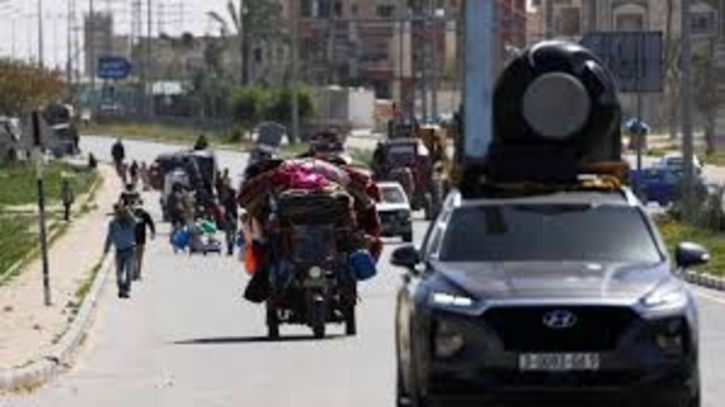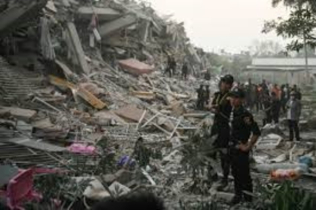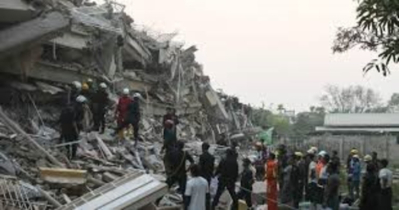
Israeli troops have been deployed to a newly established security corridor stretching across southern Gaza, the military announced Saturday, as pressure mounts on Hamas in the ongoing conflict.
Prime Minister Benjamin Netanyahu introduced the corridor on Wednesday, calling it the “Morag Corridor,” and indicated it would sever the southern city of Rafah—currently under evacuation orders—from the rest of Gaza. The corridor is named after a former Israeli settlement located between Rafah and Khan Younis.
The Israeli military stated that forces from the 36th Division had been deployed to the corridor, though the exact number of troops and its precise location were not immediately disclosed. Israeli media published maps showing the corridor running east to west across the narrow coastal enclave.
Netanyahu described it as “a second Philadelphi Corridor,” referencing the Gaza-Egypt border zone under Israeli control since May 2023. The new corridor joins the Netzarim Corridor, which cuts off northern Gaza, including Gaza City, from the rest of the territory.
“We are dividing the strip and increasing pressure step by step, so that they return our hostages,” Netanyahu said. His defense minister has signaled plans to expand Israel's security zones within Gaza.
The deployment comes as Israel intensifies its military operations following the breakdown of a January ceasefire. The renewed offensive began last month with a surprise airstrike after Hamas reportedly rejected new ceasefire terms. Since then, hundreds of Palestinians have been killed.
The White House confirmed Saturday that Netanyahu will meet U.S. President Donald Trump on Monday—his second meeting with Trump since January. While the U.S., Egypt, and Qatar continue to mediate for a truce, Washington has supported Israel’s resumption of military actions.
After their last meeting, Trump controversially proposed relocating displaced Palestinians from Gaza and offered U.S. involvement in rebuilding the war-torn area—an idea widely condemned by Palestinians, Arab countries, and human rights organizations.
Israel has vowed to continue its offensive until Hamas returns the remaining hostages, disarms, and exits Gaza. The government also cut off food, fuel, and aid supplies to Gaza last month—drawing condemnation from rights groups, who call the move a war crime.
Hamas, on the other hand, demands the release of Palestinian prisoners, a permanent ceasefire, and full Israeli withdrawal from Gaza in exchange for freeing the remaining 59 hostages, 24 of whom are believed to be alive. The group has rejected demands to disarm or leave Gaza.
The war began after Hamas launched a deadly attack on southern Israel on October 7, 2023, killing around 1,200 people and abducting 251, many of whom have since been released through negotiated deals.
According to Gaza’s Health Ministry, over 50,000 Palestinians have been killed during the conflict—many of them women and children. Israel claims to have killed around 20,000 militants, though it has not provided evidence to support the figure.
The war has left much of Gaza in ruins, displacing the majority of its population, many of them multiple times. Among the recent casualties were 15 Palestinian medics reportedly killed by Israeli forces last month, with their bodies and vehicles later buried by bulldozers.
At a weekly rally, families of hostages called once again for a ceasefire and the safe return of their loved ones.
“Netanyahu is working hard to ensure our hostages die, rather than working hard to save their lives,” said Efrat Machikawa, niece of hostage Gadi Moses.
Source: With input from agency
TH

.png)







